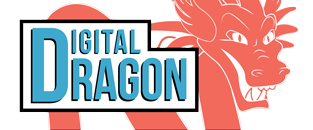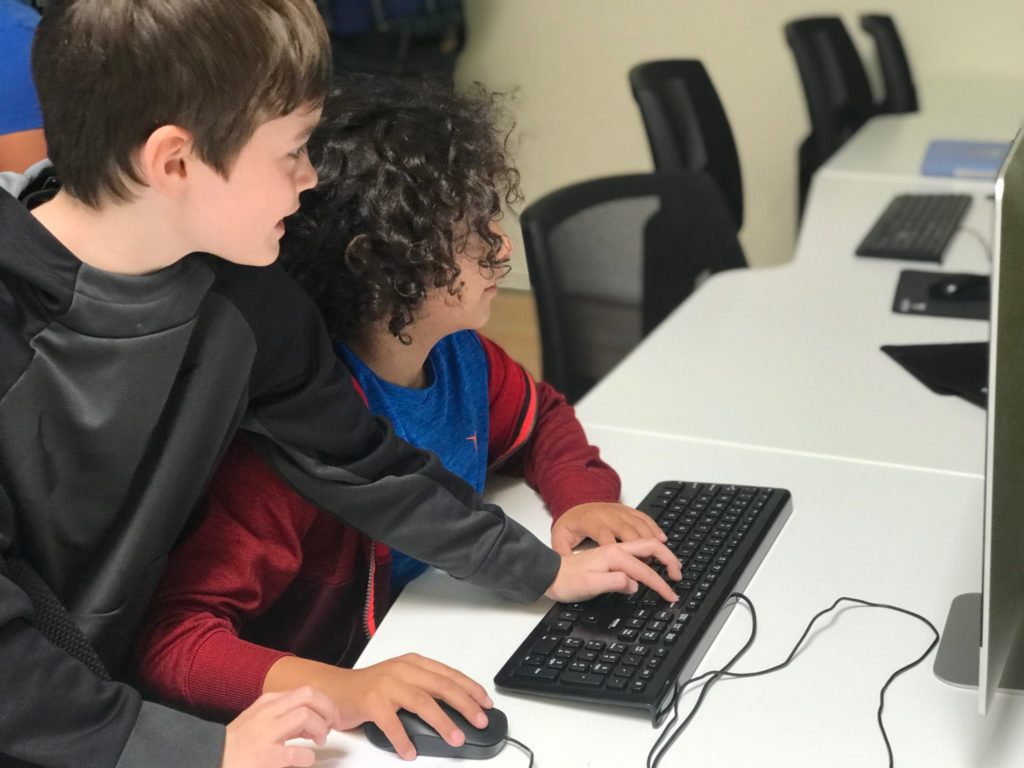
The new year is upon us and so are the expos. The same week saw two very different experiences. Consumer Electronics Show (CES), with all the glam and lights of Las Vegas behind it, and the Ed Game Expo held in our nation’s capital amidst the government shut down. In this month’s post, we will explore some struggles from the ed-tech sphere and explore the areas we might be keen on getting a fresh start on in 2019. It should be noted that while this might initially sound grim, I do believe we are on a better path in ed-tech than in the recent past.
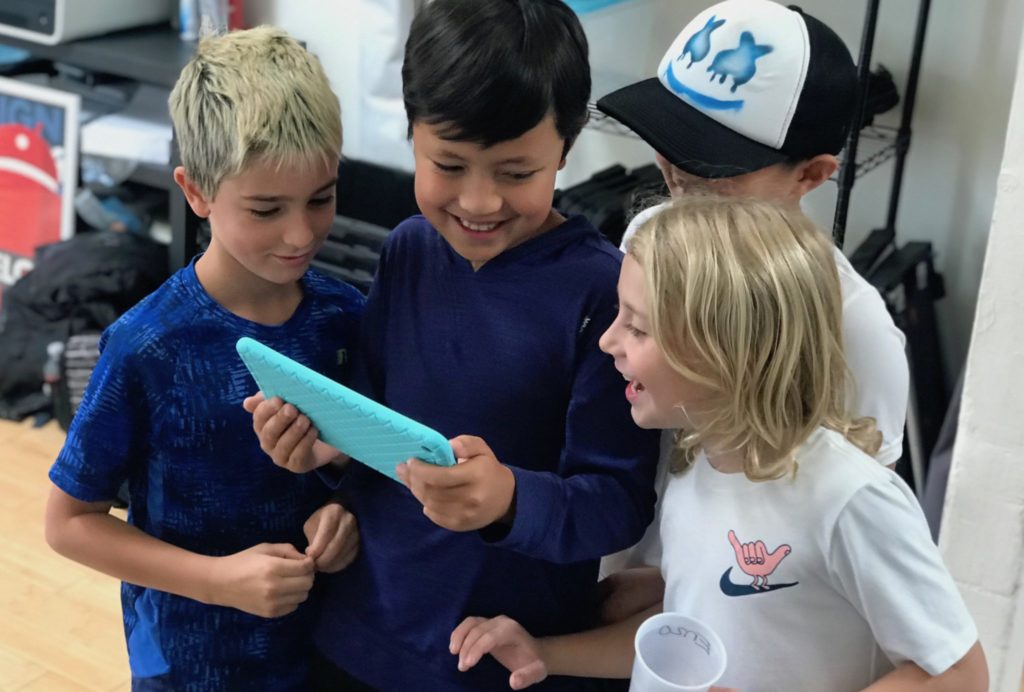
It is very easy to call out how slowly academia can move. It is only natural that the technology follows in that same pattern in academic settings. As stated in previous posts and with the dazzling demos at CES, it’s clear to see that industry is leaps and bounds ahead of the majority of schools and universities – outside a few major players (including some in Digital Dragon’s bigger backyard). If academia and ed-tech is stuck in an endless game of tech catch-up, what can be done? The technology will always be new and we simply can’t train teachers and students to be experts in everything.
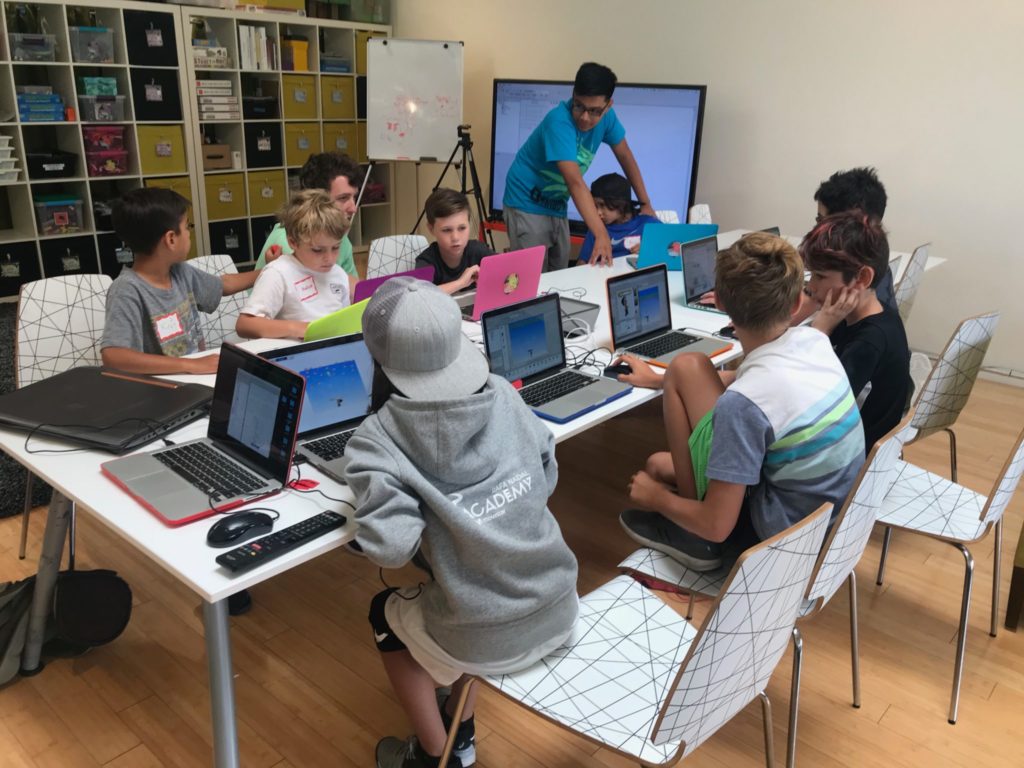
All sounding gloomy here, but there is hope! It should come as no surprise that our hope resides partially in project based learning. Luckily this has been on an upward trend over the last few years and was at the foundation of the educational approach at Digital Dragon. The PBL approach can alleviate the stress from educators (who often must be seen as masters of their trade) to allow for explorative thinking around technology use and allow students to be part of their own education. In PBL, the right technologies can be used to accomplish the right task unleashing them to strive in their proper purpose, instead of as a blanket solution for all things coming down the pipes. Unfortunately, it’s not all that simple to implement, as many of us are aware. We must exercise thorough thoughtfulness in designing a foundation for a project-based collaborative environment in which our learners can thrive. This must include hard skill sets in Computer Science and in the Arts. While the tech will continue to get better and better, we are still designing for humans and must equally rely on the skills associated with communication and digital well-being.
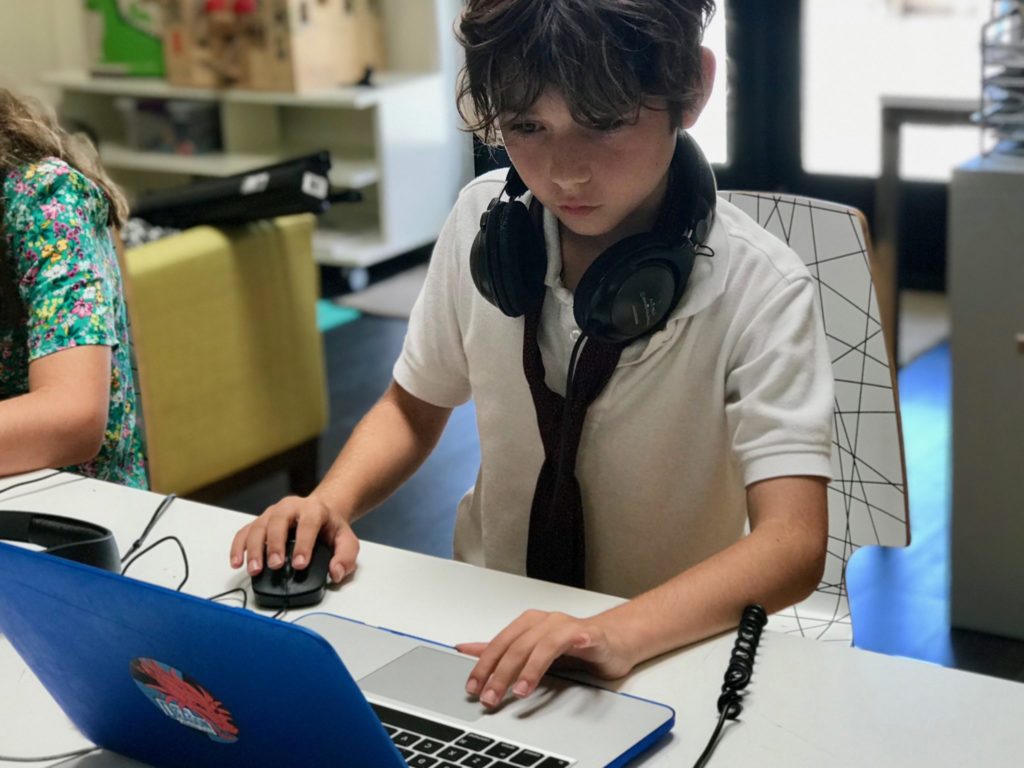
TLDR: Society is behind with tech integration in education, but the numbers are growing and we are fighting the good fight in 2019 and beyond. Project based learning can help close the gap, but it is dependent on a solid foundation in the Arts and CS along side of soft skills. The Ed Game Expo wasn’t CES, but the halls of the Kennedy Performing Arts Center were filled with smiling K-12 students and other academics trying to push us forward.
Here at Digital Dragon’s Santa Monica Studio, we are starting a new session of After School Tech classes. We have tons of project based learning classes on tap. From producing and shooting videos to coding drones, we have tons of offerings to choose from. Check out our new schedule below, or click here to learn more and register.
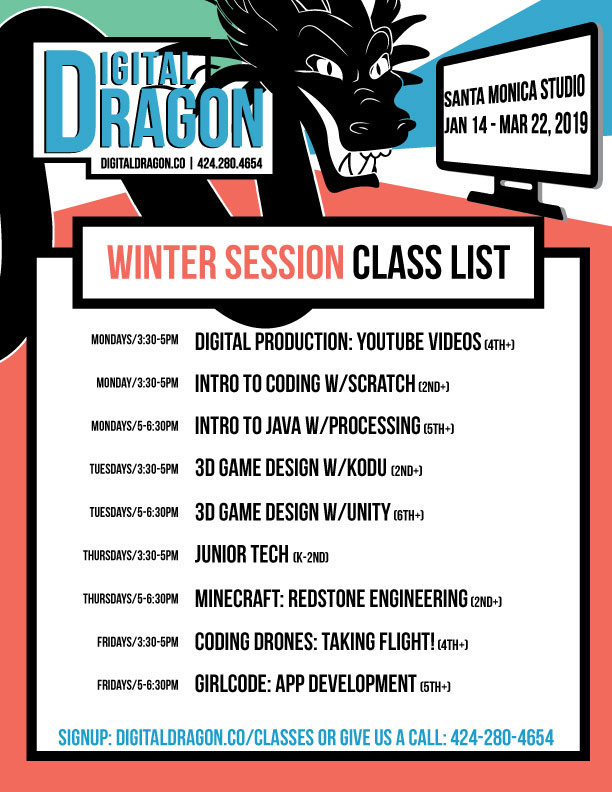
John Balash was instrumental in Digital Dragon’s launch in 2013 as its first Curriculum Director and is now back in the fold as a consultant on all the latest and greatest in tech education. This is John’s latest contribution to a monthly blog series we’ve launched, Tech News from the Frontier. John is the Director of Educational Engagement at Carnegie Mellon University’s Entertainment Technology Center. John has worked on educationally focused initiatives with clients ranging from D.A.R.P.A. to Disney. Working from both sides of the desk, you can find John in classrooms and conferences around the world exploring new uses for technologies in learning environments.





